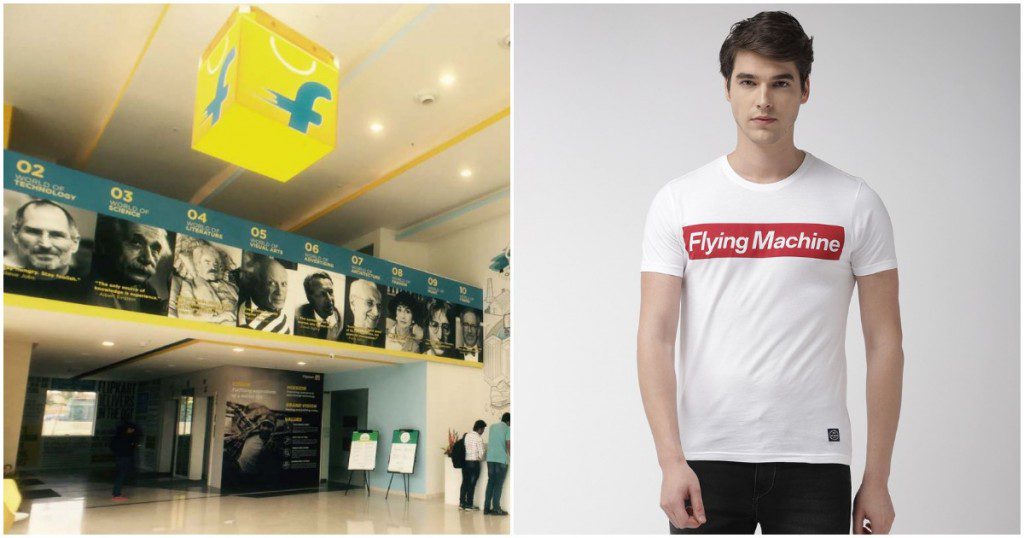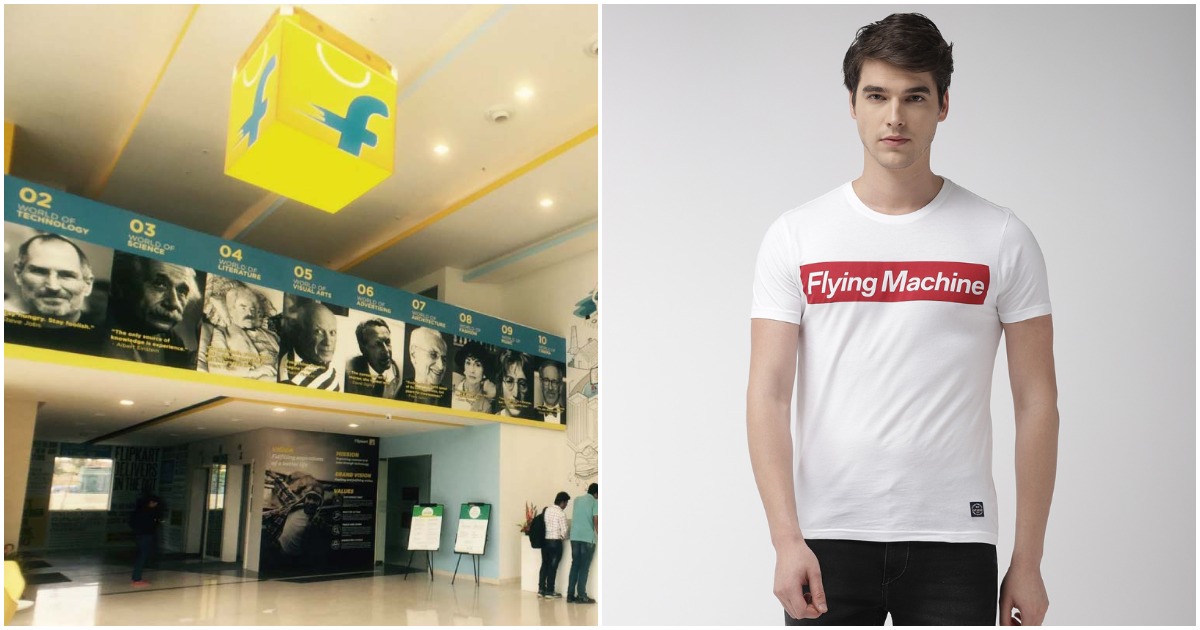After Amazon had bought a stake in Shoppers Stop in 2018, Flipkart has gone ahead and acquired a minority stake in a fashion company.
Flipkart has invested Rs 260 crore to buy a “significant” minority stake in Arvind Fashions’ recently formed subsidiary Arvind Youth Brands. The subsidiary will own the Flying Machine brand, which has been retailing on the Flipkart Group platforms for over six years, according to Arvind Fashions’ stock exchange filing. Flying Machine calls itself India’s first homegrown denim brand, and was launched in 1980. Arvind Fashions’ portfolio brands include Arrow, US Polo, and Tommy Hilfiger among others.

“The partnership with the Flipkart Group will help us accelerate our online growth strategy as we focus our efforts on developing an omni-channel retail approach for Arvind Youth Brands and Flying Machine,” said J Suresh, CEO of Arvind Fashions. “Flipkart and Myntra will be our preferred online partner for the Flying Machine brand, while we continue to grow our offline sales through channels like exclusive brand stores, department stores and multi-brand stores,” he added. Kalyan Krishnamurthy, Chief Executive Officer at Flipkart Group, said Flying Machine is a brand that is known in households across India. “Through this investment, we look forward to partnering with the team at Arvind Youth Brands to continue to grow the market for its portfolio of products,” he said.
This isn’t the first time that India’s e-commerce players have sought to move beyond just being online platforms. Amazon had earlier bought a 5% stake in Shoppers Stop for Rs. 180 crore. Flipkart has made offline moves of its, having acquired a phone repair company F1 Info Solutions, which had physical stores in many Indian cities. But Flipkart acquiring a stake in a prominent fashion brand will help it further grow its already-formidable fashion portfolio. Flipkart, apart from its own fashion arm, owns Myntra, and also owned Jabong which it later merged into Myntra. Having a stake in a fashion company will allow for vertical integration — if Flipkart owns both the company that makes clothes and the platform that sells them, it can, as far as laws allow, not only promote its own brands on its platform, but also use the data it’s collected from its users to help its brands create products that people want.
It’s also likely that Flipkart would’ve got a good deal — the coronavirus has confined people to their homes, and as such demand for fashion apparel is down nearly 65% from its peak levels. And by having a stake in a prominent fashion company will help Flipkart get yet another edge in the fashion category, a vertical in which it appears to be marching ahead of its arch-rival Amazon.
